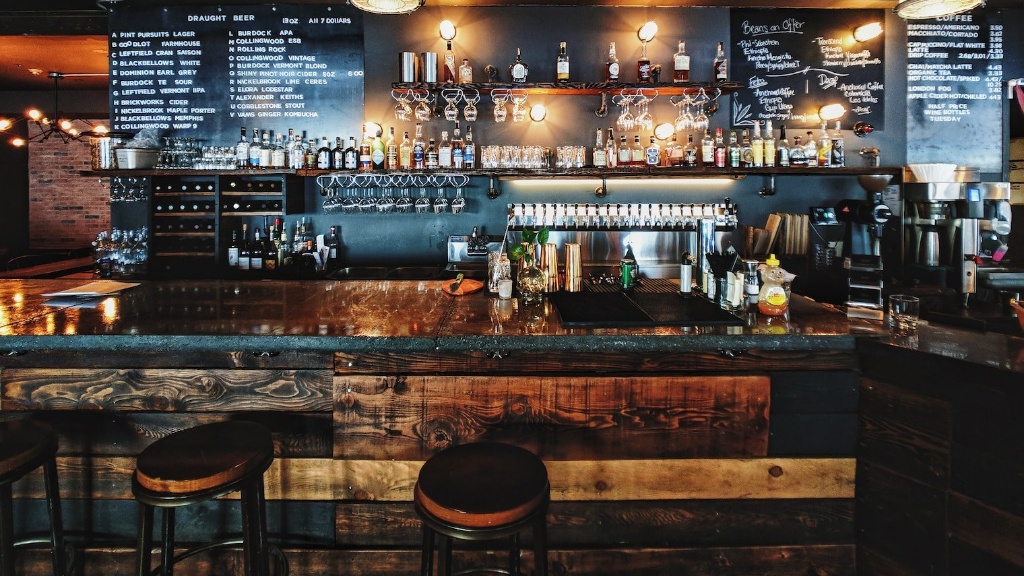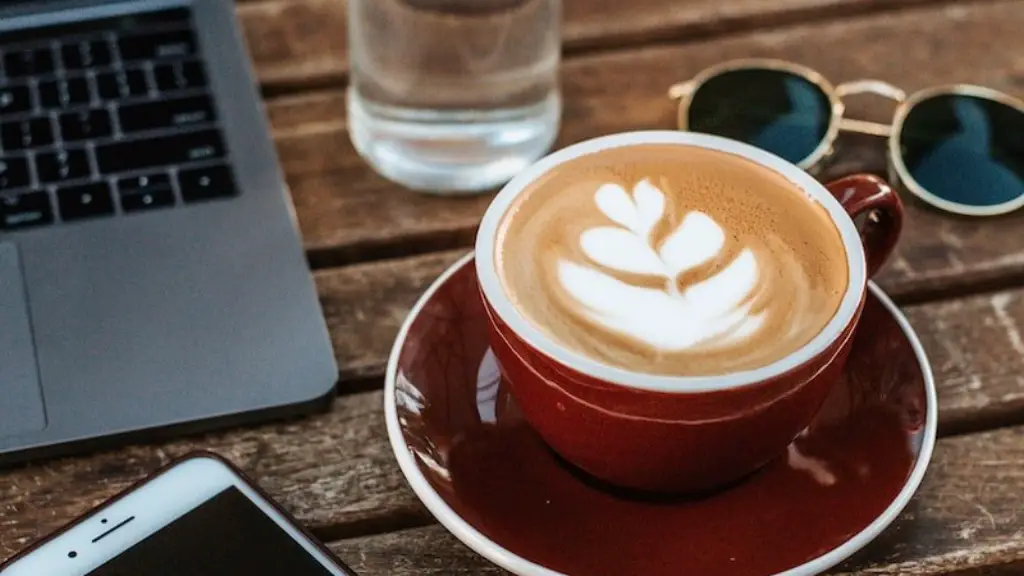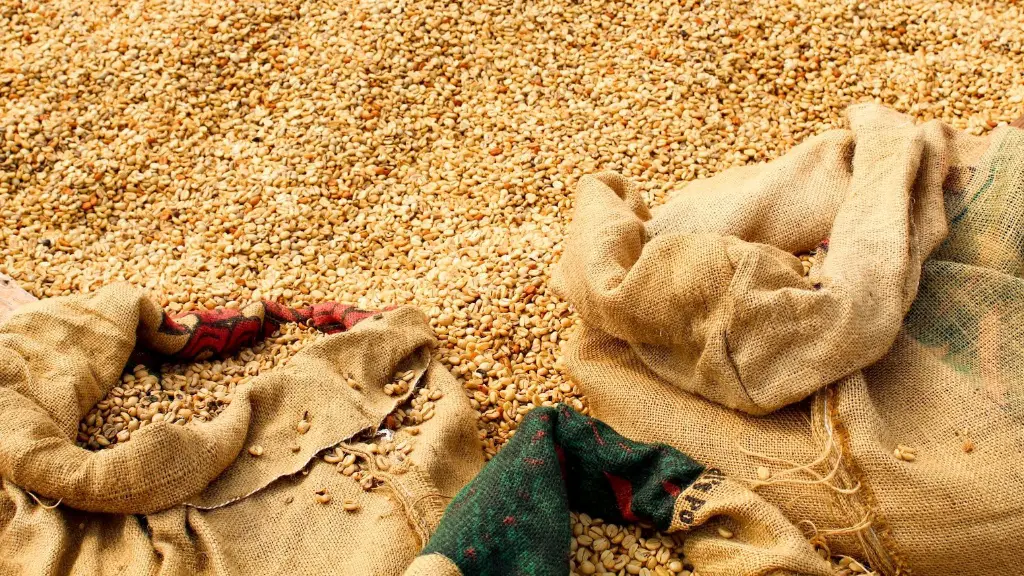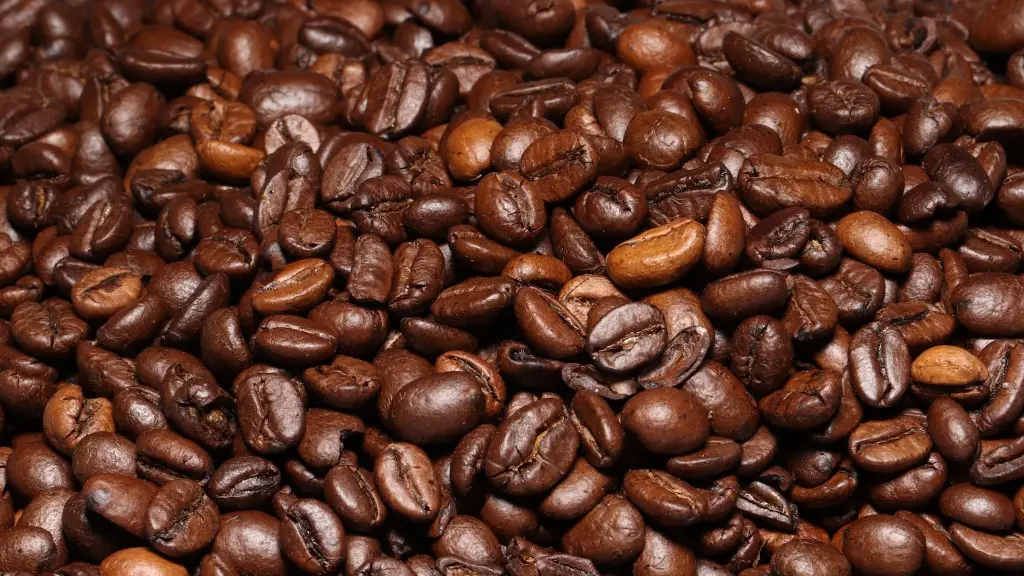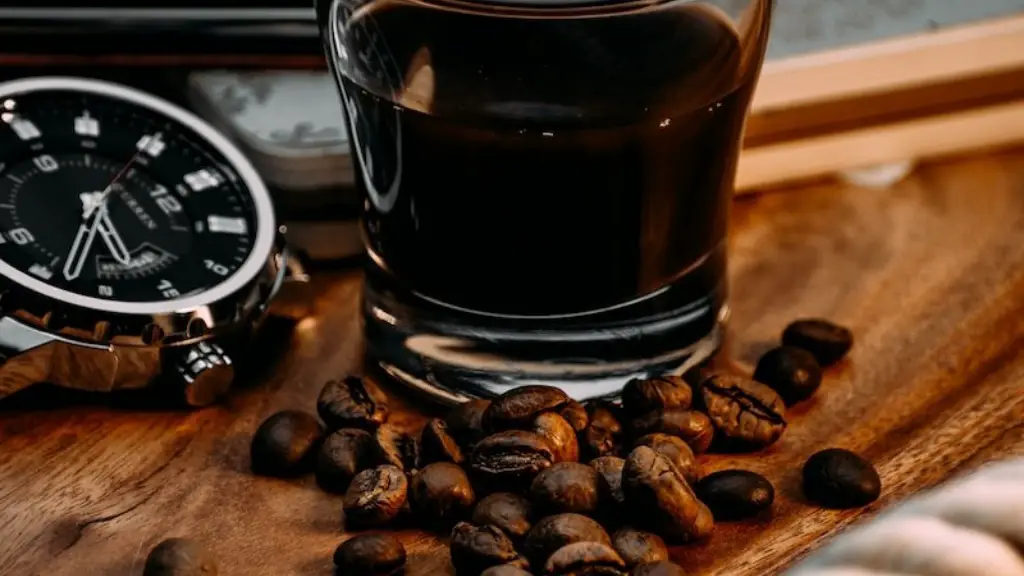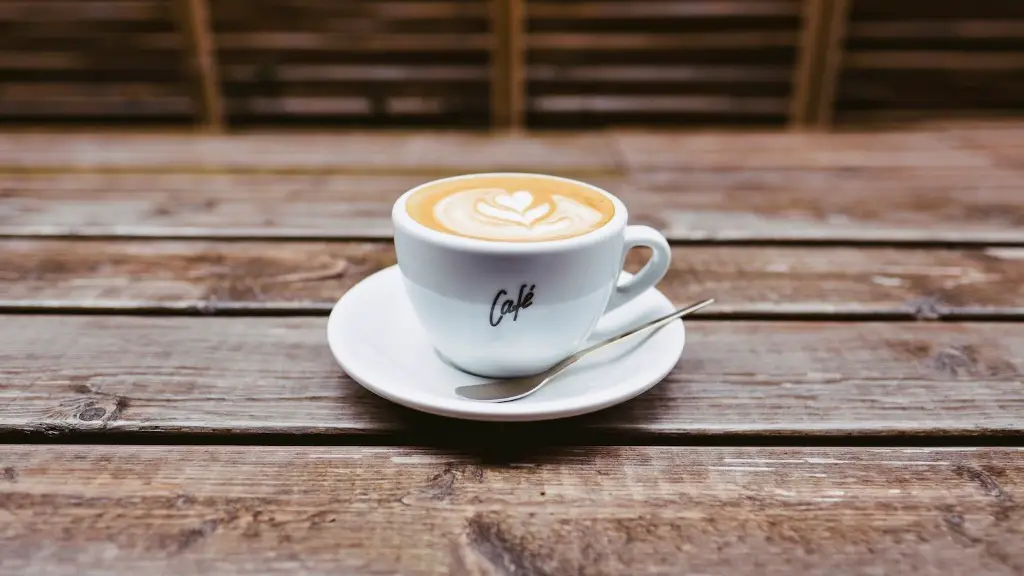There are many factors to consider when answering the question, “Should I roast my own coffee beans?” The first thing to think about is the cost of a coffee roaster. They can range from a few hundred dollars to several thousand. The second factor is the time it takes to roast coffee beans. The third factor is the quality of the coffee beans. The last factor is the ease of use.
There’s no one answer to this question – it depends on what kind of coffee drinker you are and what you’re looking for in your coffee. If you like trying new things and want to experiment with different roasts and flavors, then roasting your own beans could be a great option for you. On the other hand, if you’re happy with the coffee you’re already drinking, there’s no need to change things up.
Is it cost effective to roast your own coffee beans?
If you’re looking to save on coffee costs and create new revenue streams, roasting your own coffee is a great option. Not only will you save 30-50% on coffee costs, but you’ll also be able to sell your own brand of coffee. This is a great way to get started in the coffee business and build your brand.
There are many benefits to roasting your own coffee, including the ability to create unique flavor combinations. By roasting different varieties of green beans, you can control the roasting process to create a blend that is far superior to the one-dimensional flavors available from supermarkets. In addition to the improved flavor, roasting your own coffee also allows you to control the freshness of the beans. This ensures that you will always have a fresh, delicious cup of coffee.
Should I roast my coffee beans
Roasting brings out the aroma and flavor that is locked inside the green coffee beans. Beans are stored green, a state in which they can be kept without loss of quality or taste. A green bean has none of the characteristics of a roasted bean — it’s soft and spongy to the bite and smells grassy. Roasting coffee beans is what unlocks the rich flavor and aroma we associate with coffee.
While there are exceptions, the majority of coffee shops and cafés worldwide start off buying their beans wholesale from a roaster. Today, this is the standard model for coffee shops in major consuming markets. However, over time, more and more coffee shops have started to roast their own beans. This trend is likely to continue, as coffee shops look for ways to differentiate themselves in a crowded market. Roasting your own beans can be a great way to create a unique product and build customer loyalty.
Are home coffee roasters worth it?
There are a few reasons why you shouldn’t roast coffee at home. The main one is that it’s simply not worth the trouble – it’s much easier to find coffee that fits your palate. Another reason is that it’s quite messy, and the smoke can be a problem if you’re not roasting outdoors.
If you want to keep your roasted coffee beans as fresh as possible, it’s best to use them within one week of opening. Store them in a cool, dark and dry place to keep them from exposure to oxygen.
Should I buy roasted or unroasted coffee beans?
If you want to make a delicious cup of coffee, you should use roasted beans. Unroasted beans will be bitter and unpleasant to drink because the caramelized flavors we associate with coffee are only created during the roasting process. So make sure to use roasted beans for a great cup of coffee.
Making your own coffee is the best way to get the freshest cup of coffee possible. After roasting, coffee beans go stale quickly, so grinding them yourself just before brewing will give you the best flavor. Even vacuum-packed ground coffee lacks the freshness that you will get from grinding your own beans.
Why do coffee beans need to rest after roasting
Leaving coffee to rest for 5-14 days post-roast allows the flavors to open up and become more clear. This is because the coffee beans have time to release the trapped CO2, which can give the coffee a high acidity and sourness.
Green coffee beans can last for around 2 years or more, depending on the type of coffee and your taste preferences. Roasted beans can last for around 2 – 6 months.
How do professionals roast coffee beans?
Raw coffee beans are roasted in a rotating drum that is pre-heated to a temperature of around 240 degrees. After 12-15 minutes, the roasted beans will exit the drum at around 195 degrees and are then taken out into a cooling tray at the front of the roaster.
Coffee roasting is the process of taking coffee from its green stage (the clean, dried seed of a coffee plant) to a drinkable stage. Heat is applied, the coffee turns brown, expands, dries out, and parts of it become soluble in water. Roasting coffee is simple.
Does Starbucks use their own coffee beans
Starbucks is one of the most popular coffee companies in the world. They get their coffee beans primarily from Latin America, Asia-Pacific, and Africa. The company buys coffee from 30 countries out of 70 that produce coffee. They choose different countries for import so they can give their customers a wide variety of unique coffee flavors.
When it comes to making great coffee, it all starts with the beans. And at Dunkin’, we take our beans very seriously.
Once our coffee is certified by our labs, we transport the beans to our roasting facilities in the US. At our roasting facilities, we blend different beans together to make the perfect, well-balanced cup of coffee you know and love from Dunkin’.
Next, we roast our beans. This is where the magic really happens. We roast our beans to perfection, making sure they’re nice and dark so you can enjoy that rich, full-flavored coffee taste.
So the next time you take a sip of your favorite Dunkin’ coffee, know that a lot of time, effort, and expertise went into making it just perfect for you. Enjoy!
Do I need FDA approval to sell coffee beans?
Coffee companies that wish to sell their beans in the United States must first register with the Food and Drug Administration (FDA). This is a result of the Food Safety Modernization Act (FSMA), which requires all food facilities that manufacture, process, package, or hold food for consumption to register with the FDA and allow the agency to inspect them.
The registration process is relatively simple, and once a coffee company is registered, they will be able to sell their beans in the US without any problem. However, it is important to note that the FSMA is a very important piece of legislation, and all food companies should take the time to familiarize themselves with it.
Aflatoxin B1 is a mycotoxin and a known carcinogen that has been shown to have various harmful effects on the brain and kidneys. Acrylamide is a potentially harmful chemical formed when coffee beans are roasted. It is found in all coffees and there isn’t a way to avoid it.
Final Words
We roasted our own coffee beans for about two weeks. It was fun, but we didn’t notice a significant difference in taste. If you’re interested in trying it out, go for it! Otherwise, there’s no need to go to the hassle and expense.
If you’re a coffee lover, roasting your own beans is a fun and rewarding experience. It’s also a great way to ensure you’re getting the freshest, most flavorful coffee possible. While it does require some time and effort, many people who roast their own coffee beans find it’s well worth the effort.
